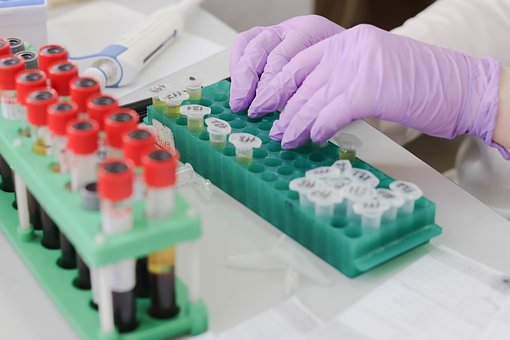Haematology services

Haematology service

Caring for people with blood conditions
Offering expert diagnosis, treatment and support
We care for people with a wide range of blood conditions – from common problems like anaemia or blood clots, to more complex conditions such as leukaemia, lymphoma, sickle cell, or haemophilia.
Our specialist teams will support you from diagnosis through to treatment and follow-up care, making sure you feel safe, informed and looked after throughout. You’ll see experienced doctors, nurses and other professionals who will take the time to explain what’s happening and what to expect next.
We also have advanced laboratories to help us diagnose conditions quickly and accurately. Many of our teams also take part in national research and screening to help improve care for everyone.

Expert haematology advice and referral guidance
Supporting faster diagnosis, specialist care and collaborative working
Our haematology service offers expert advice and care for people with blood-related conditions, including cancers such as leukaemia, lymphoma and myeloma. We provide a regional referral service for complex conditions like sickle cell anaemia, haemophilia, thalassaemia and bone marrow failure.
GPs and clinicians can access specialist support, including advice on test interpretation and guidance on referral pathways. Our service is supported by one of the UK’s largest transfusion departments and a network of advanced pathology labs across east and southeast London.
Sickle cell advice

Managing your child's sickle cell disease this winter
It's important for families and caregivers of children living with Sickle Cell Disease (SCD) to take extra precautions during winter.








